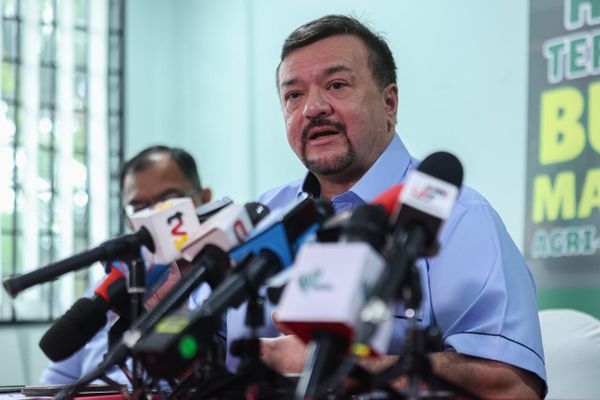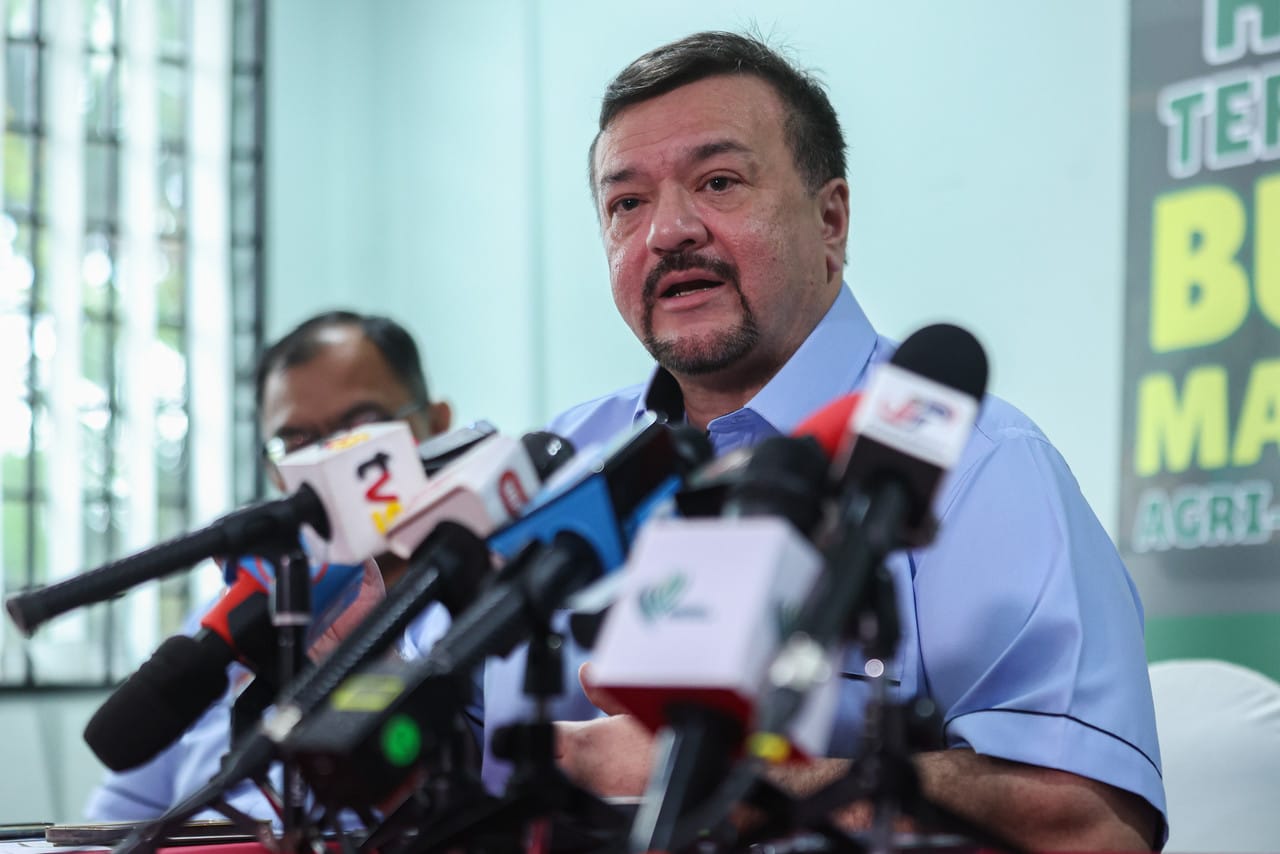KUALA LUMPUR, Oct 29 — The government has allocated RM20 billion in basic development expenditure (DE) for 2026 to six less-developed states, representing an increase of 5 per cent from the RM19 billion in 2025.
Economy Minister Datuk Seri Amir Hamzah Azizan said the allocation focuses on the development of basic infrastructure, such as the construction of connecting roads, clean and safe water supply, electricity, and wider internet access, especially in rural areas.
Amir Hamzah, who is also finance minister II, said the government has also approved 90 per cent of the states’ priority project lists through the special state development meetings that were held to ensure each state benefits from development spillovers and to support the Madani Economy agenda and inclusive development.
He said the allocation and number of new basic DE project approvals have increased each year, taking into account the people’s well-being.
“For instance, in 2024, the expenditure amounted to RM45.77 billion. The allocation for Basic DE in 2025 increased to RM55.7 billion, and in 2026 it rose further to RM57.6 billion, an increase of 3.4 per cent. In the same period, the number of new project approvals also rose. In 2026, there are 2,371 projects, compared with 1,967 projects in 2025, 2,003 projects in 2024, and 1,809 projects in 2023,” he added.
He made these remarks in winding up the Supply Bill (Budget) 2026 policy-stage debate for the Economy Ministry in the Dewan Rakyat today.
According to Amir Hamzah, the provision of basic DE funds aims to implement basic infrastructure projects such as the construction and upgrading of roads, schools, healthcare facilities, and public housing. He said the implementation of these projects will directly benefit the people and help drive national economic growth.
“The higher basic DE allocation proves that the government is not sacrificing projects for the people in its efforts to support fiscal savings. The Economy Ministry will continue to ensure that development projects in every state are implemented based on the priorities and needs of the people, so more inclusive, balanced, and sustainable development can be achieved, especially in the six less-developed states,” Amir Hamzah added.


